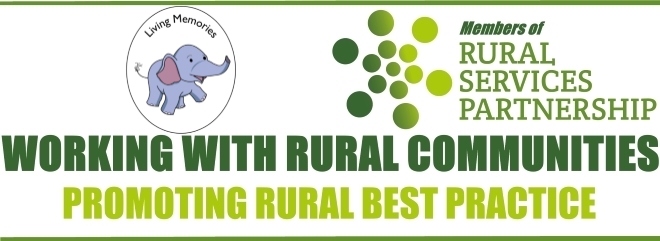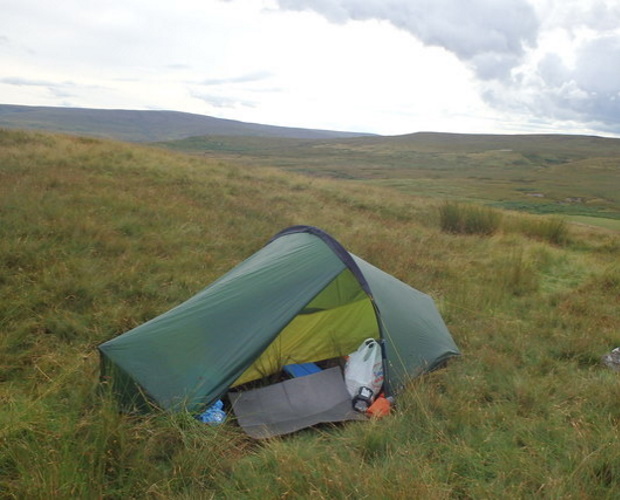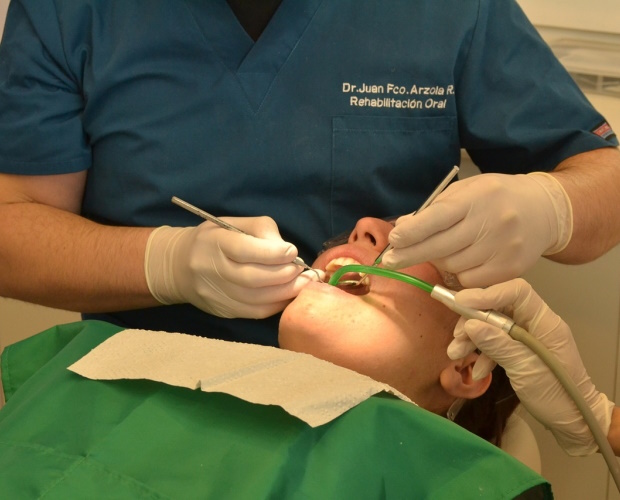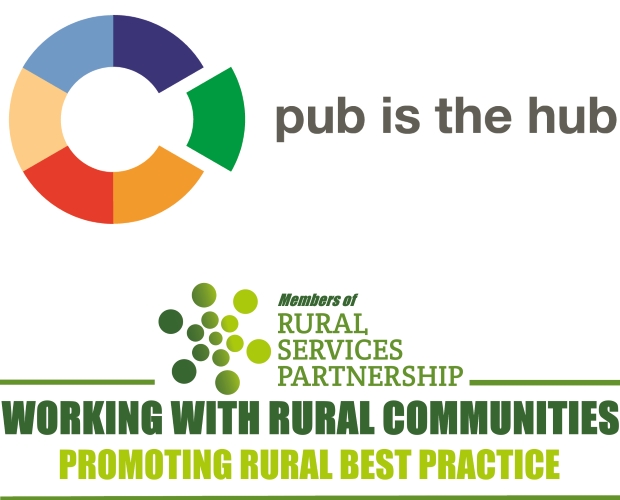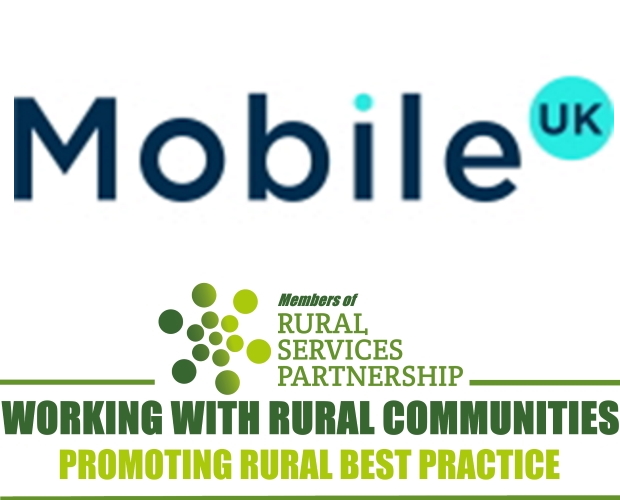T: 01822 851370 E: admin@sparse.gov.uk
Using Archive Film to Bring a Smile to the Face of People Living with Dementia
by Brian Norris of Living Memories C.I.C.
Background
 When I had started delving into the film archive of Greenpark Productions Ltd at the end of the 20th century, I had never expected to learn how making clotted cream is closely linked with washing laundry, but more on that later.
When I had started delving into the film archive of Greenpark Productions Ltd at the end of the 20th century, I had never expected to learn how making clotted cream is closely linked with washing laundry, but more on that later.
Although it started trading in London in 1939 Greenpark Productions was based in a hamlet in East Cornwall from 1996 until my wife, Leonore Morphet (Greenpark’s owner) and I moved to East Devon in mid-2015. It was several years earlier that we had started looking into the possibility of using film clips from the unique and quite extensive archive of UK social and industrial history programmes (many still on 35mm & 16mm) to benefit communities across the UK.
Encouraging Reminiscence
We had decided that the first step was to see if the films could be used effectively to encourage reminiscence by people who live with dementia and their carers who visit the 30+ Memory Cafes spread across the very beautiful, but socially isolated and economically deprived county of Cornwall. Many of those individuals with more advanced dementia are totally withdrawn and appear to have no interest in anything, least of all what is happening around them. It is often only music, scents, still and moving images or other sensory stimulation which reminds them of their early life and then they will chat for a while about their memories.
Our idea of using the archive in this context met with great enthusiasm from NHS Cornwall, Cornwall Council and key organisations working with older people and we spent almost two years testing the use of the films as memory triggers, both one-to-one and with groups of dementia patients and their carers around Cornwall.
Opening a Window on Life “In The Old Days”
We also had separate screenings with nurses and professional carers who were finally able to understand, for example, what a twin-tub washing machine looked like and how the virtually car-free streets in the 1950s and early 60s meant kids could play outside “in those days”. The responses from patients, carers and nurses to the films was both very positive and frequently heart-warming.
 The outcome was that we created a preview “Home Sweet Home” DVD containing film clips about domestic life in the 1950s-60s, together with a 48-page Reminiscence Guide which suggest the most effective way to use the DVD for reminiscence and provides questions and topics to discuss after watching each film clip. We realised this Guide could be particularly helpful for many of the younger nurses & professional carers running reminiscence sessions, who obviously have no personal experience of life in the UK during the post-WW2 decades.
The outcome was that we created a preview “Home Sweet Home” DVD containing film clips about domestic life in the 1950s-60s, together with a 48-page Reminiscence Guide which suggest the most effective way to use the DVD for reminiscence and provides questions and topics to discuss after watching each film clip. We realised this Guide could be particularly helpful for many of the younger nurses & professional carers running reminiscence sessions, who obviously have no personal experience of life in the UK during the post-WW2 decades.
Following receipt of very good feedback on our preview “Home Sweet Home” DVD & Reminiscence Guide from over sixty dementia related groups, we have now publishing an ongoing series of “Living Memories” reminiscence DVDs for sale in the UK.
Going Interactive
At the suggestion of the NHS and others we are now also developing an interactive online version of “Living Memories”, which will be delivered on a subscription basis for iPads, Android tablets and other mobile devices for use at home, in hospitals, care homes and other rural and urban locations.
Having relocated to East Devon, with the archive, we are now focussing on the biggest challenge of all, namely raising the funding for the preservation and full digitisation of the Greenpark archive and the development of the series of reminiscence resources by Living Memories C.I.C.
Public Libraries
I am pleased to say that thanks to Locality Budget grant support from Devon County councillors our first three Living Memories DVDs & related Guides are now in all public libraries in East Devon and we hope they will soon be in libraries across the UK.
Having sat with so many dementia patients and seen the smiles on their faces as they recall a memory of their early life after watching a scene in one of the films is an even greater incentive for us to succeed.
 Once a carer or family member knows the film clip or memory(ies) that will draw the patient out of total isolation they can use that same “memory hook” time and again to start conversations. This can also be a great way to create intergenerational conversation with their children and grandchildren and share amusing and fascinating information.
Once a carer or family member knows the film clip or memory(ies) that will draw the patient out of total isolation they can use that same “memory hook” time and again to start conversations. This can also be a great way to create intergenerational conversation with their children and grandchildren and share amusing and fascinating information.
Cream and the Laundry
Which brings me back to the cream and the laundry… It was after showing one of our films from the 1950s about milk to a Memory Café group that a member of the group spoke up. He explained that as a boy he had lived on a farm and that his parents had a copper boiler in which they made clotted cream to sell in the weekly market. Being farmers and wanting to save every penny, once the clotted cream was ready they would use the boiler to do their weekly family laundry.
All the group laughed and the patient was obviously very pleased, so told a few more tales. It was only afterwards that we discovered from the manager of the Memory Café that the patient in question had attended the group with his wife for several years, but had never spoken before in a meeting.
Now, when I buy clotted cream, I look at the small bubbles on the surface of the pot and wonder how they have been created!
© Brian Norris, Living Memories C.I.C. 2018
|
For further information or to order our DVDs online please contact Brian on : Tel: 01297 552358 Email: living-memories@outlook.com Twitter: @memorytriggers |
SIGN UP TO OUR NEWSLETTER
Sign up to our newsletter to receive all the latest news and updates.


